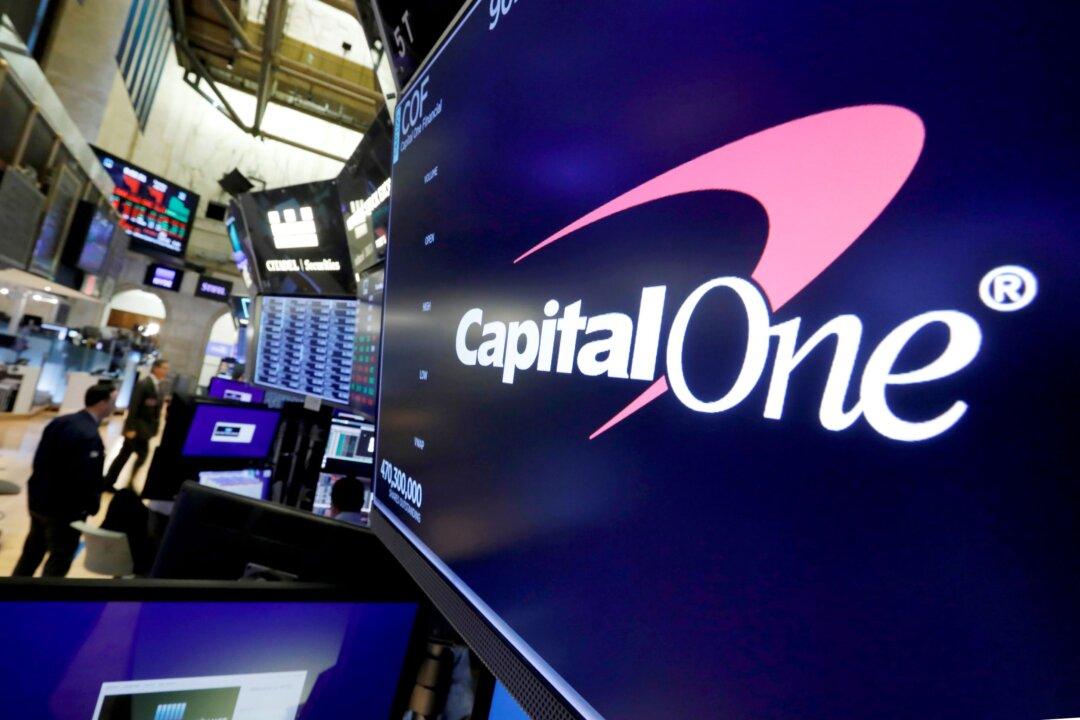The U.S. Consumer Financial Protection Bureau (CFPB) sued Capital One on Tuesday, accusing the banking giant of “cheating” millions of consumers who held a “high interest” savings account out of more than $2 billion in interest payments.
In a complaint filed in federal court in Alexandria, Virginia, the CFPB took aim at Capital One’s promises and handling of its flagship “360 Savings” accounts.




